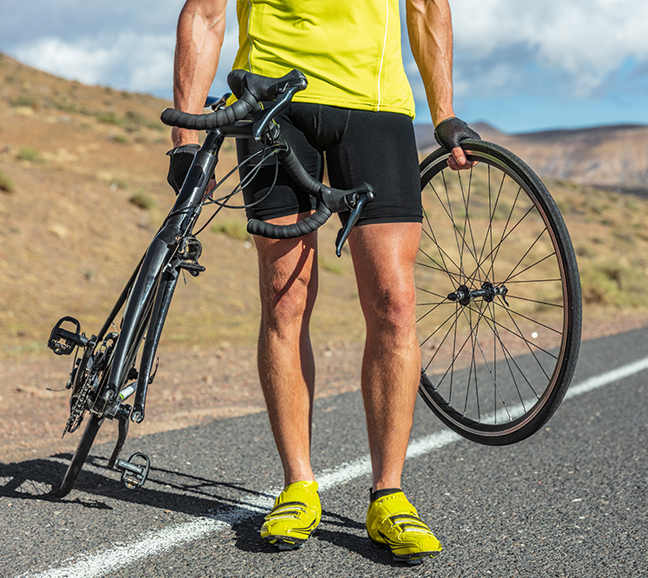The role bicycles play in urban deliveries and services

As the pace of life in cities accelerates and expectations for speed and efficiency grow, bikes are playing an increasingly significant role in the world of urban deliveries and services. This is not only a matter of ecology but also of efficiency and adaptation to the modern needs of society. In this article, we will explore how crucial a role bikes play, particularly in courier services, especially food deliveries.
Bicycle as a fast and flexible means of transportation
In the realm of food delivery services, time is of the essence. Bikes, with their maneuverability and ability to navigate through traffic, become an ideal mode of transportation for couriers. Delivering food on a bike allows couriers to cover distances faster, translating into customer satisfaction and increased delivery efficiency.
Ecology vs. efficiency in bike deliveries
A shift in the approach to parcel deliveries is an area where bikes are gaining popularity. Bicycle couriers offer a fast and eco-friendly alternative to traditional car deliveries. Consequently, courier services become more environmentally friendly while simultaneously reducing delivery times. This is not just about the popularity of eco-friendly solutions but also about competitiveness for food delivery companies aiming to be more environmentally conscious.
Bicycles – initiating changes in urban infrastructure
The presence of bikes used for food deliveries in the gastronomy industry also brings about changes in urban culture. More and more cities are investing in the development of bike lanes, promoting a healthy lifestyle and alternative means of transportation. With the creation of bike lanes and amenities for cycling enthusiasts, there is a growing number of self-service bike repair stations. This is a great alternative to traditional bike repair shops as these self-service stations operate 24/7. The presence of such facilities on frequently traveled routes or near restaurants offering food delivery services (e.g., Uber Eats) has proven to be very useful. Restaurants investing in such stations can significantly attract bike couriers who can easily and quickly repair their bikes – their tools of trade – or simply inflate a tire to timely deliver meals to customers.
Conclusion: bicycle as a key element in the future of transportation and services
The increasing role of bikes in transportation and services, especially in the food delivery sector, is not only a response to the needs of modern society but also a step towards sustainable development and a more environmentally friendly future. Cyclists, including couriers, enthusiasts, and the entire cycling infrastructure, constitute an indispensable part of the urban ecosystem, contributing to shaping modern, efficient, and ecological cities.

